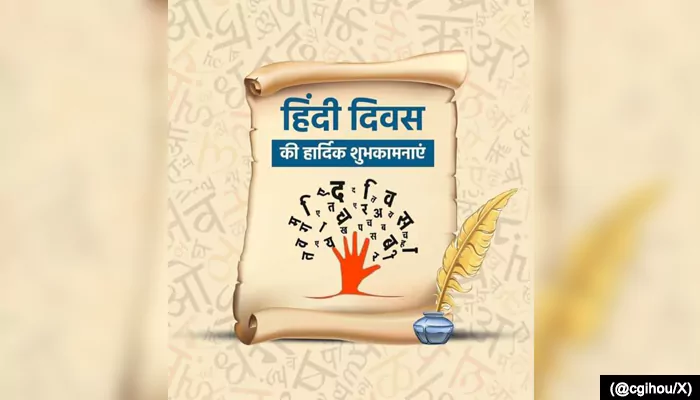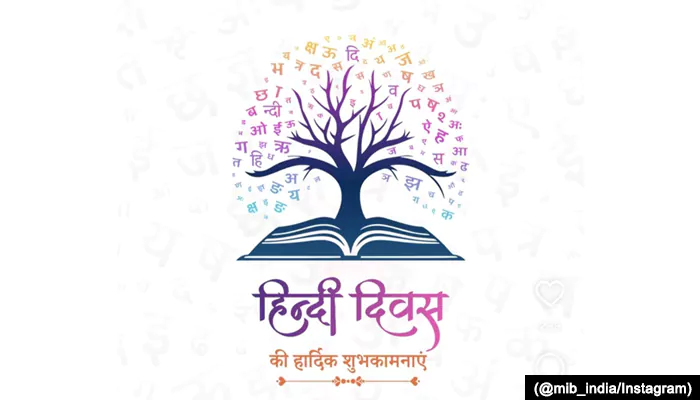Teaching Media Literacy in Schools: Strategies for Empowering the Next Generation on Global Media and Information Literacy Week

With technology shaping our world at a rapid pace, it has become crucial for young minds to navigate the vast landscape of media with confidence and critical thinking.
Nowadays, a single information is available on google and any social media platform. This is where media literacy comes into play on this Global Media and Information Literacy Week for empowering the next generation to decipher fact from fiction, analyse current events responsibly, and make ethical choices in their use of media.
Start early:
Why wait until the teenage years to introduce media literacy when we can start empowering young minds from an early age? By incorporating media literacy education in elementary schools, educators can lay a solid foundation for critical thinking and information analysis. Starting early means integrating age-appropriate lessons that encourage students to question and evaluate what they see, hear, and read. For instance, teachers can initiate discussions about advertisements during story time or engage students in conversations about TV shows or movies they enjoy. This way, children learn to recognize persuasive techniques and understand the difference between entertainment and reality.Teaching young learners how to navigate websites safely, identify reliable sources online, and discern credible information from fake news sets them on the path towards becoming responsible digital citizens. Encouraging students to analyse news articles or watch informative videos not only expands their knowledge but also teaches them how different media outlets may present diverse perspectives.
Teach digital literacy:
Digital literacy goes beyond simply knowing how to use technology; it involves understanding and critically evaluating the information we encounter online. One key aspect of teaching digital literacy is helping students understand how to navigate the vast amount of information available on the internet. With so much content being created and shared, it can be challenging for young minds to discern what is accurate and reliable. It also involves educating students about their online presence and privacy. They need to learn how to protect themselves from potential risks such as cyberbullying or identity theft.Students must understand the impact their words can have in a virtual environment and learn how to engage respectfully with others while using various platforms. Moreover, teaching students about copyright laws and plagiarism is crucial in promoting ethical behaviour online. They should be aware that using someone else's work without proper attribution is not only dishonest but also illegal.
By incorporating these strategies into our curriculum, we can empower the next generation with the knowledge and skills they need to navigate the digital landscape responsibly.

Current events analysis:
With an overwhelming amount of information at their fingertips, young minds need guidance on how to navigate through the noise and misinformation that permeates our media landscape. By comparing various perspectives on a given topic, they can develop a more nuanced understanding of complex issues.Ethical use of media:
Students need to understand the importance of verifying information before sharing or believing it. With fake news on the rise, critical thinking skills are crucial in determining what is true and what is not. Teaching students how to fact-check sources and evaluate credibility can help them navigate through this vast sea of information.Discussing privacy concerns is vital when teaching about ethical media use. Students should be aware of their digital footprint and understand the consequences of oversharing personal information online. By emphasizing responsible behaviour online, we can empower them to make informed choices about their digital presence. Encouraging students to consider different perspectives portrayed by various forms of media helps them develop a well-rounded understanding of global issues.
By equipping students with knowledge about ethical media usage from an early age, we empower them to be critical thinkers who consume content responsibly while respecting others' rights and maintaining their own safety online.











